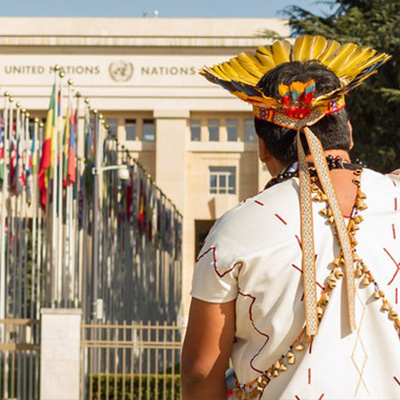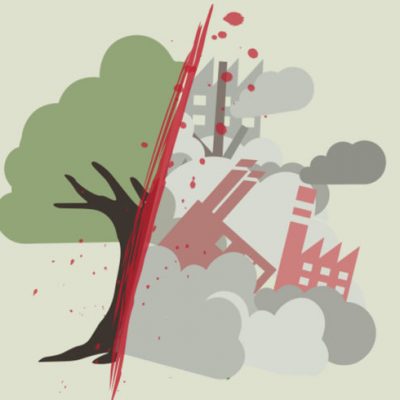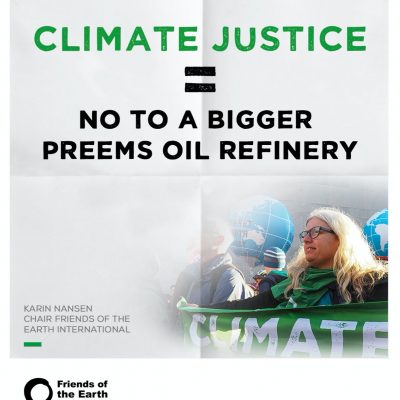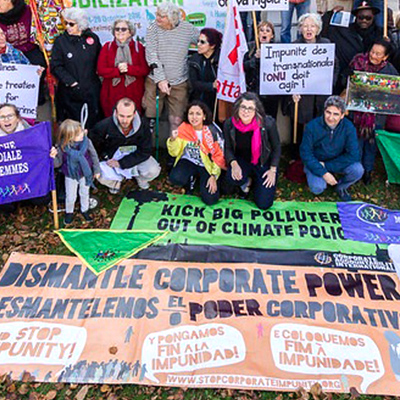
Assessment of the sixth round of negotiations for the UN Binding Treaty on Transnational Corporations and Human Rights
The Open-Ended Intergovernmental Working Group that is negotiating a Binding Treaty on transnational corporations and human rights at the United Nations Human Rights Council ended its sixth round of negotiations on 30 October in Geneva, Switzerland. According to the social movements and organizations from all continents that are working for its adoption, the Binding Treaty should seek to ensure access to justice…











